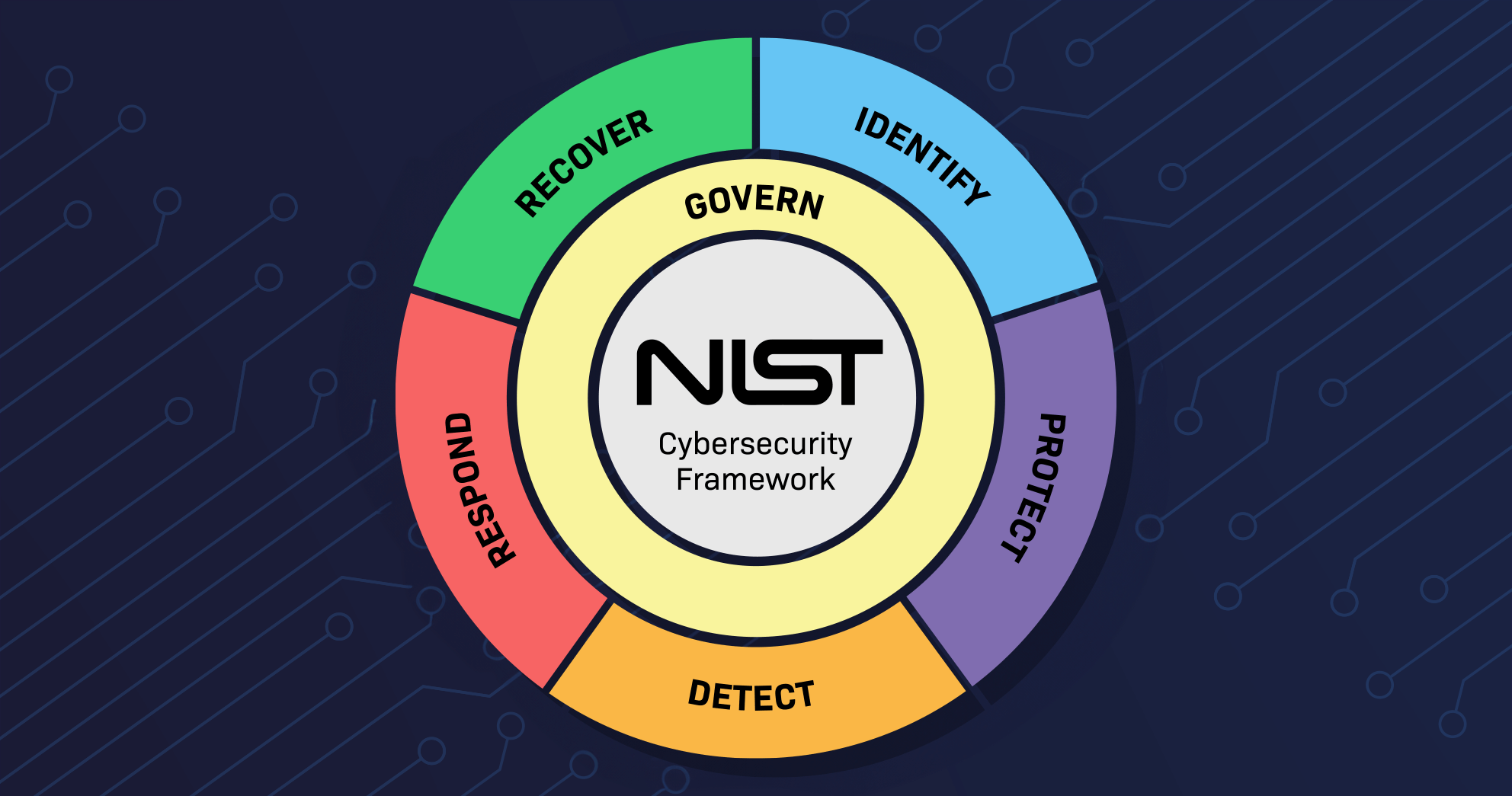Introduction
Most companies assume their data is safe as long as it’s in “the cloud.” But what many overlook is where the cloud physically stores that data and who has the legal right to access it. When your sensitive business data crosses national borders, it becomes subject to foreign laws, regulations, and surveillance. This is the core of data sovereignty the idea that data is governed by the laws of the country in which it is stored.
Failing to comply with data sovereignty regulations can lead to lawsuits, sanctions, revoked contracts, or regulatory investigations. And in a world of ever-tightening international laws, ignorance is no defense.
What Is Data Sovereignty and Why It Matters
Data sovereignty refers to the legal concept that data is subject to the laws and governance of the country where it is stored or processed. If your data resides in a foreign jurisdiction, it can be seized, copied, or accessed based on that country’s rules and not your own. For example, if your data is stored on AWS servers in Ireland, it’s subject to the EU’s GDPR, Ireland’s data laws, and possibly scrutiny under international intelligence-sharing agreements like Five Eyes.
This becomes a legal minefield when your business must comply with domestic laws like HIPAA, PCI-DSS, or state-specific consumer protection acts; none of which override international legal claims on foreign-stored data.
How the Cloud Compromises Data Sovereignty
Public cloud providers store customer data across global networks, often without clearly disclosing where that data is physically located. While you may sign a U.S.-based contract, your data might reside in Canada, Germany, or Southeast Asia. Many cloud vendors use geo-redundancy or data sharding across countries to ensure uptime. However, this directly undermines your ability to remain compliant with data localization laws.
Even if your business is small, the risks are massive. Government agencies and enterprise partners may revoke contracts if they discover that your infrastructure doesn’t meet national sovereignty requirements. The damage to your credibility is permanent.
Data Sovereignty Laws: A Global Legal Patchwork
In the U.S., laws like HIPAA, CCPA, and GLBA impose strict rules about where healthcare, financial, and personal data can be stored and who may access it. But they don’t shield you from international surveillance if your data leaves the country. The General Data Protection Regulation (GDPR) in Europe prohibits unauthorized data transfers outside the EU unless proper safeguards are in place. Companies who violate it face fines up to 4% of global annual revenue.
In countries like China, Russia, and India, data localization is mandatory for businesses operating in finance, telecom, and healthcare. If your U.S.-based business interacts with citizens of those nations, you must meet their laws or stop doing business.
The Hidden Dangers of Foreign Jurisdiction and Cloud Vendors
The U.S. CLOUD Act allows federal authorities to subpoena data stored by U.S.-based cloud providers and even if the data is stored in another country. This creates a dual-jurisdiction scenario where multiple governments can claim access to your records. Moreover, privacy protections like end-to-end encryption don’t always apply when governments request access at the infrastructure level. And when data is under foreign jurisdiction, you may be legally forbidden from notifying the affected individuals or clients.
This is particularly dangerous for legal firms, financial institutions, and healthcare providers, who have both regulatory and fiduciary duties to keep client data protected and private.
Why EXIGENCY Gives You Full Legal Control
EXIGENCY removes foreign legal risk by building 100% on-prem infrastructure, physically located within your secured premises, under your country’s jurisdiction.
With EXIGENCY, your business controls the full data lifecycle, from identity access to physical hard drives and this no third-party nation, vendor, or ISP can seize, subpoena, or silently access your sensitive data.
We design systems with local compliance in mind, aligning with laws like HIPAA, CCPA, and SOC 2. By using internal DNS, self-hosted web services, local backup solutions, and isolated remote access platforms, you keep full sovereignty and legal clarity.
FINAL THOUGHTS: RECLAIM YOUR SOVEREGNTY BEFORE IT’S TOO LATE
Data sovereignty is not theoretical, it’s actively being enforced by governments, courts, and regulatory bodies around the world. Every gigabyte you host on foreign-owned or cloud-managed infrastructure is a legal risk waiting to explode. With EXIGENCY, your infrastructure remains local, visible, auditable, and secure. You maintain sovereignty, compliance, and peace of mind without relying on massive corporations with unclear allegiances or unpredictable infrastructure.
Reclaim your digital borders. Choose EXIGENCY for fully self-hosted, compliant, and secure IT solutions because, your data should obey your laws, not someone else’s.






No comment